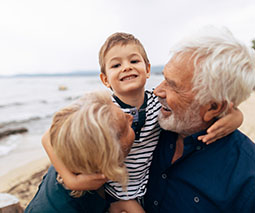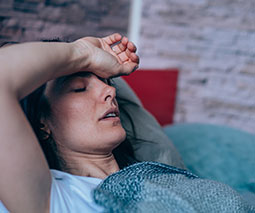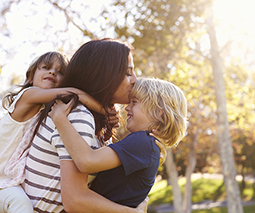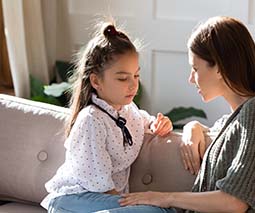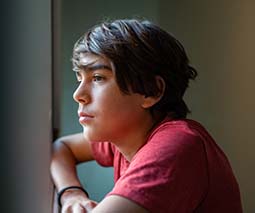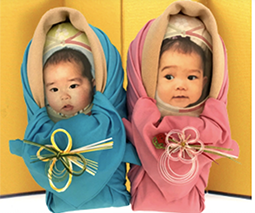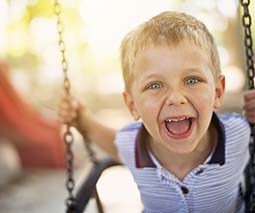Parenting confessions: 3 ways your morals will go out the window after kids
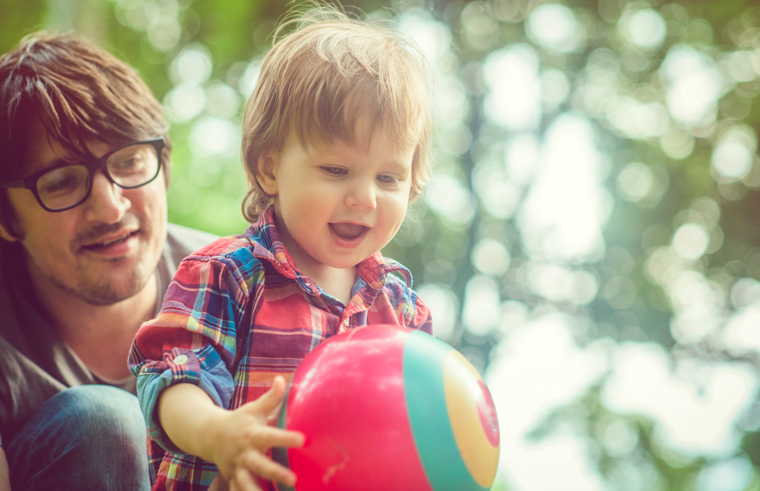
We all know that when you become a parent, you invariably have to make sacrifices. You sacrifice sleep (so much sleep!), time, money.
Somewhat surprisingly though, sometimes you will also have to sacrifice your values.
For these three parents, sticking to their ideals has been tricky with kids in the picture. Making an ethical decision for yourself does not always mean it’s the right decision for your child, which may require some uncomfortable adjustments.
Vegan parent with a meat-eating child
In 2015, Australia was declared the meat-eating capital of the world, having surpassed the US as the world’s most avid meat-eaters.
Since then, however, veganism has been on the rise, and not just amongst the traditional eco-warrior set. People from all walks of life are waking up to the ethical ramifications of factory farming and the meat industry’s contribution to global warming.
According to industry research company IBISWorld, sales of vegan food products have soared over the past five years, and while exact figures are difficult to quantify, Vegan Australia estimates approximately 400,000 to 500,000 people nationwide have adopted a vegan diet.
Genevieve Woods has been a vegan for over seven years, but when it came time to introduce her baby Hunter to solids, deciding whether to include meat in her child’s diet was a difficult decision.
“I really wrestled with whether feeding Hunter a meat-free, egg-free and dairy-free diet was the right thing for him nutritionally at this young age,” Genevieve admits.
“While I don’t feel like my diet is lacking in vitamins or nutrients, I did worry that leaving certain foods out may affect his development in some way if he was missing out on certain foods.”
Now, Genevieve has decided to allow small amounts of meat, eggs and dairy into Hunter’s diet until he’s older and can perhaps make the decision for himself about whether he wants to follow in his mother’s vegan footsteps.
“It wasn’t an easy decision, but I comfort myself that’s he won’t necessarily eat this way his whole life,” says Genevieve. “I’m hoping he comes around to veganism when he’s a little older!”
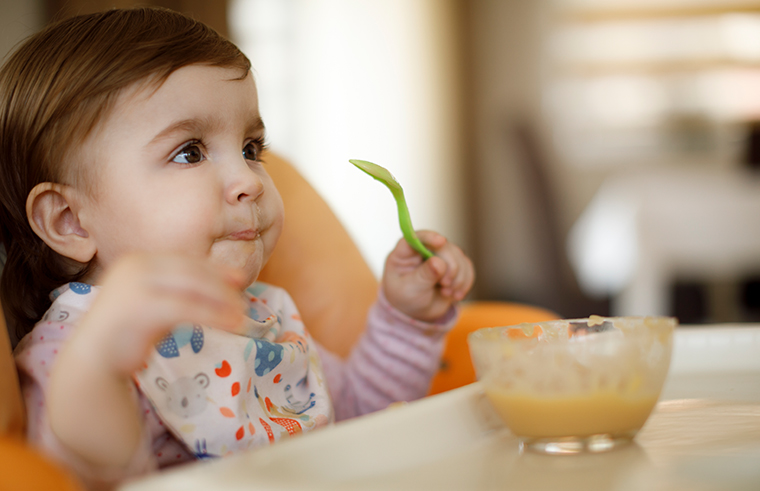
Eco-warrior uses disposable nappies
Alongside veganism, the zero waste/plastic-free movement is also on the rise, partly due to the growing awareness around how we consume can contribute to climate change.
First-time mum Hannah Lopes had only been living a zero-waste lifestyle for about a year before she fell pregnant with daughter Isla in 2016.
“Living zero waste basically means we try to send as little waste to landfill as possible. We compost our food scraps and we avoid single-use items like takeaway coffee cups and plastic water bottles,” explains Ashley.
“We shop at bulk foods stores and farmers’ markets rather than supermarkets so we can avoid plastic packaging, and while this was easy to do when it was just my husband and me, things got trickier when we had Isla,” Hannah admits.
“In those early weeks when Isla was born, and I was breastfeeding around the clock, I couldn’t make it to the markets and we would order our weekly groceries online.”
“We also used disposable nappies in the beginning as there was no way I could find the time to wash and fold cloth nappies. Although we did use reusable cloth wipes,” says Hannah.
Thankfully though, Hannah was able to return to her zero-waste ways within a few months and now says living sustainably isn’t any harder with a child.
“It does require a bit of forward planning, but that’s the case whether you live zero waste or not when you’re a parent!”
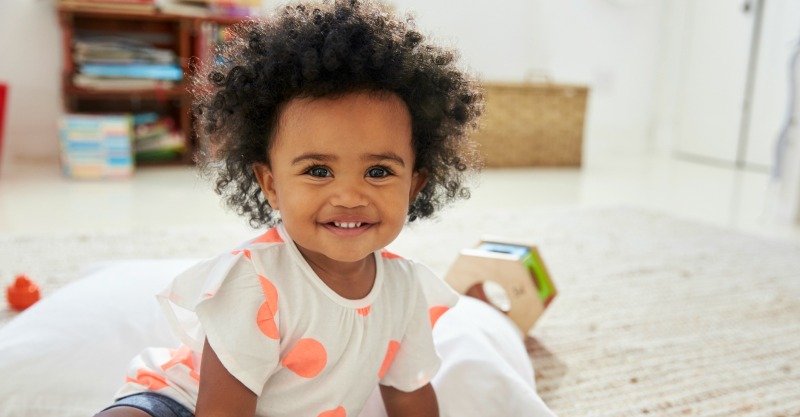
Minimalist coming to terms with all the toys
The journey from self-confessed shopaholic to mindful minimalist was a long one for Andrew Laird.
“When I was in my late 20s I would shop as a hobby, and would spend my weekends accumulating more and more clothing, tech gadgets and sporting goods,” says Andrew.
“I realised I had been programmed to buy, buy, buy and I found I wasn’t getting any kind of fulfilment from all of this stuff after the shine of the initial purchase had worn off.”
Forced to do some soul-searching, Andrew turned to the minimalism movement, and just when he had downsized his possessions to the modest essentials, his wife fell pregnant with their first child.
Since then the couple have welcomed two more children, as well as the ensuing paraphernalia that all kids seem to bring with them – car seats, high chairs, toys, mountains of clothing – which Andrew has at times found difficult to cope with.
“It’s really been a challenge. Every time someone gave us a gift for one of the kids, or my wife bought something for them, I would get quite annoyed.
“But now I’ve realised that it’s enough for me to control my own spending and shopping habits; I can’t hope to influence others who might not be ready to look at their own habits.”
Conversely, Andrew does admit he sometimes struggles with the desire to provide his children with the items, that to him, signify a happy childhood, such as receiving your first bike on your birthday or being able to open mountains of presents at Christmas time.
“My mum was definitely a shopper and our home was overloaded with stuff. Looking back I realise that’s where I got my own habits from, and sometimes I have to stop myself from buying up half the toy store in order to make my kids happy.”
“But ultimately stuff doesn’t make you happy; experiences and good solid relationships with your loved ones is what brings true happiness.”
